Govt Mulls Delaying Cross-Border Insolvency Plans Over Enforcement Concerns
Updated: May 01, 2024 05:55:27pm
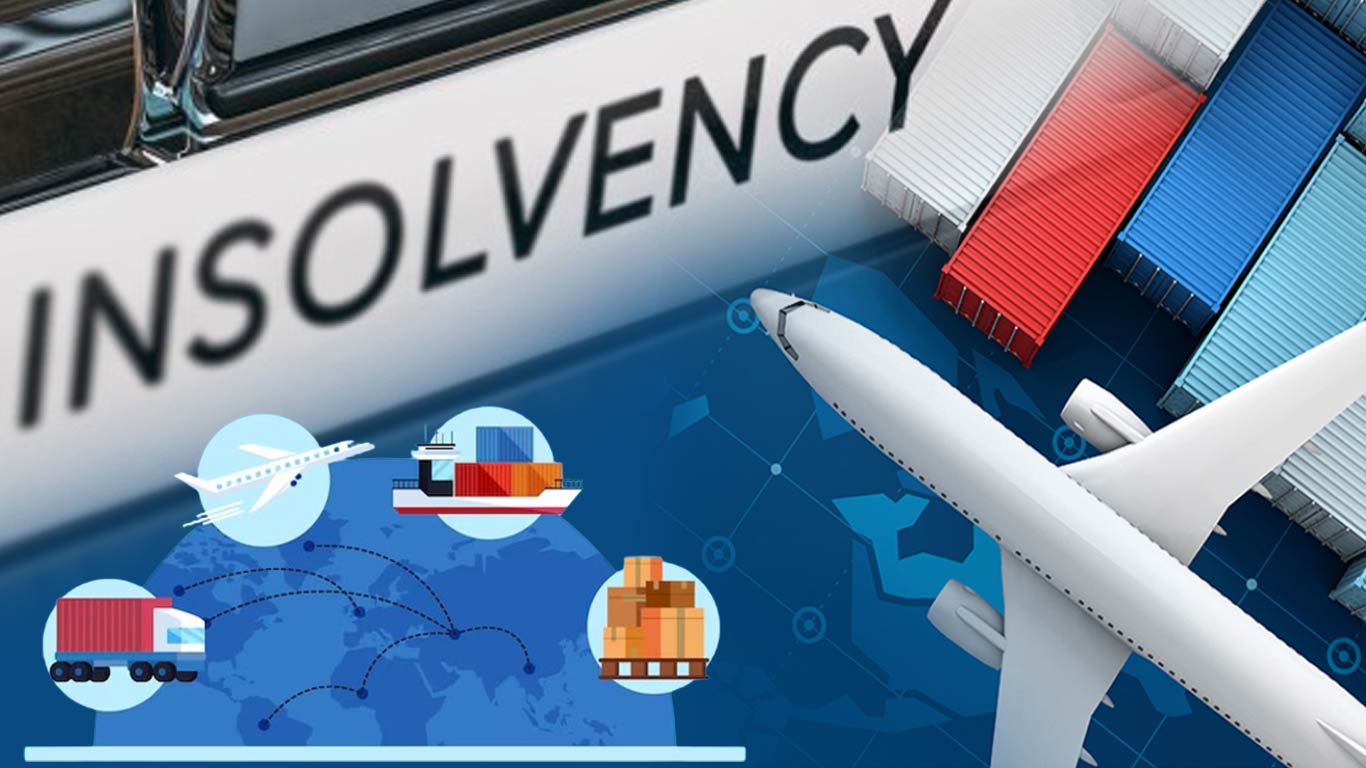
Govt Mulls Delaying Cross-Border Insolvency Plans Over Enforcement Concerns
New Delhi, May 1 (KNN) The government is reconsidering its plans to implement a cross-border insolvency regime in India due to potential challenges around enforcement, according to multiple official sources.
“It is likely that the government may not introduce the cross-border insolvency norms anytime soon,” according to a senior government official.
A key reason, as stated by sources, is the realisation that many countries with significant investment ties to India have not adopted the relevant United Nations convention on cross-border insolvency.
Reciprocity between nations is crucial for effective implementation of such a regime. However, with major economies like China, Russia, and several European nations not being parties to the UN Model Law on Cross-Border Insolvency, Indian lenders may face difficulties accessing overseas assets of stressed companies in those jurisdictions.
Leading insolvency expert Sumant Batra emphasises the need for a cross-border insolvency law to complement the Insolvency and Bankruptcy Code (IBC). “It will help in retrieving assets located in other jurisdictions and maximise value for stakeholders,” he told KNN.
However, Batra acknowledges that the provisions related to the Centre of Main Interests (COMI) in the UNCITRAL Model Law require further discussion, as recently highlighted by scholars in their communication to UNCITRAL. He believes India should be fully convinced of the merits of the UNCITRAL Model before adopting it.
The government had previously planned to push amendments to the IBC after the elections to introduce cross-border and group insolvency provisions. Currently, the IBC lacks mechanisms to restructure firms spanning multiple jurisdictions.
Cross-border insolvency norms aim to enable Indian creditors to bring defaulters' foreign assets under the purview of the domestic insolvency resolution process with the cooperation of foreign courts and authorities.
While adoption of the UNCITRAL Model Law is considered a key step, experts caution that it may not be sufficient given that only around 60 nations have adopted it so far. “In cases where the corporate debtor's assets are situated in non-adopting countries, cross-border norms may not prove effective,” said a source.
To bolster enforcement, the government may need to negotiate bilateral agreements with several countries in addition to adopting the Model Law, enabling mutual recognition of insolvency proceedings, according to official sources.
“The effective conclusion of a bilateral pact is generally shadowed by uncertainties, as multiple layers of discussions are involved. Thus, the instant enforcement of cross-border insolvency norms might be hurdled,” said Anjali Jain, partner at Areness law firm.
An expert committee constituted by the Ministry of Corporate Affairs in 2020 had recommended implementing the UNCITRAL model on a “legislative reciprocity” basis, where India would recognise foreign insolvency proceedings only from countries offering reciprocal treatment.
As India aims to strengthen its insolvency framework, navigating the complex landscape of cross-border restructuring cases will likely require sustained diplomatic efforts and robust international cooperation mechanisms.
(KNN Bureau)

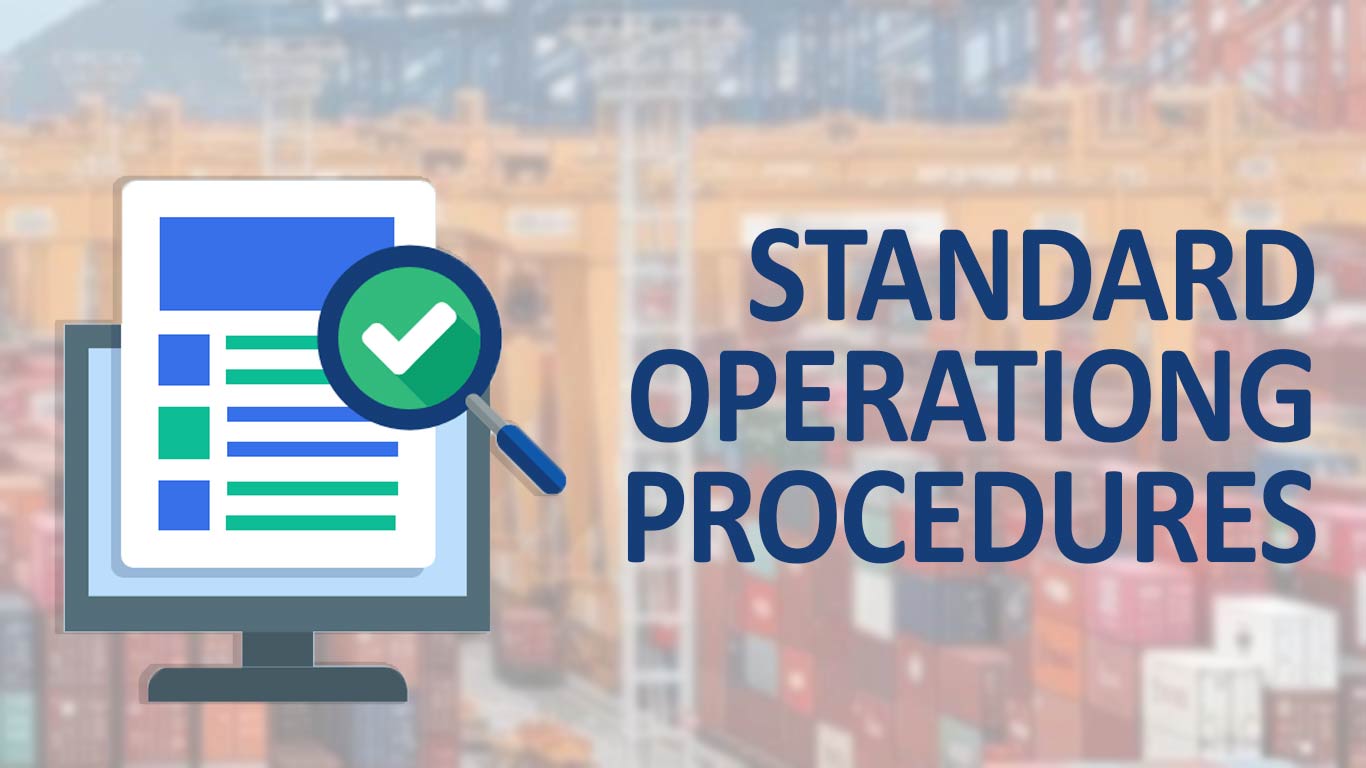

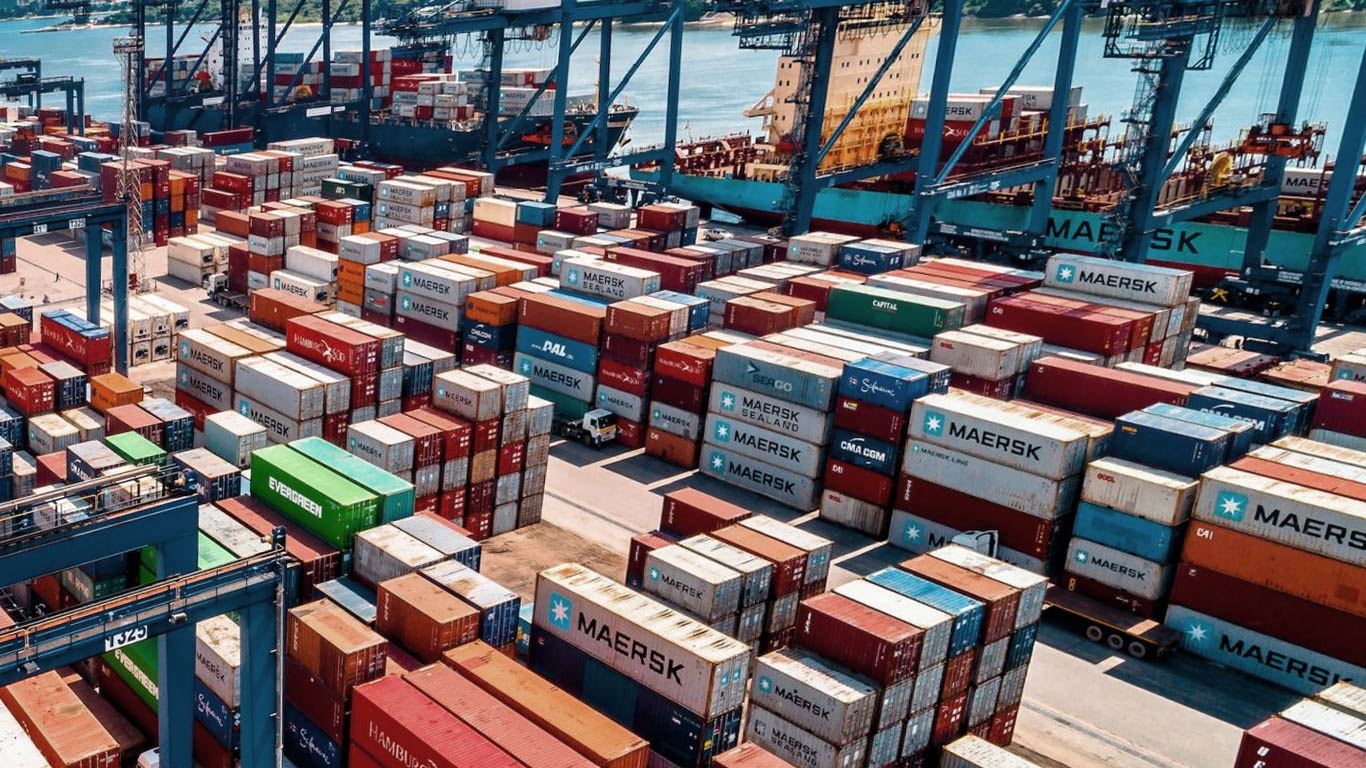
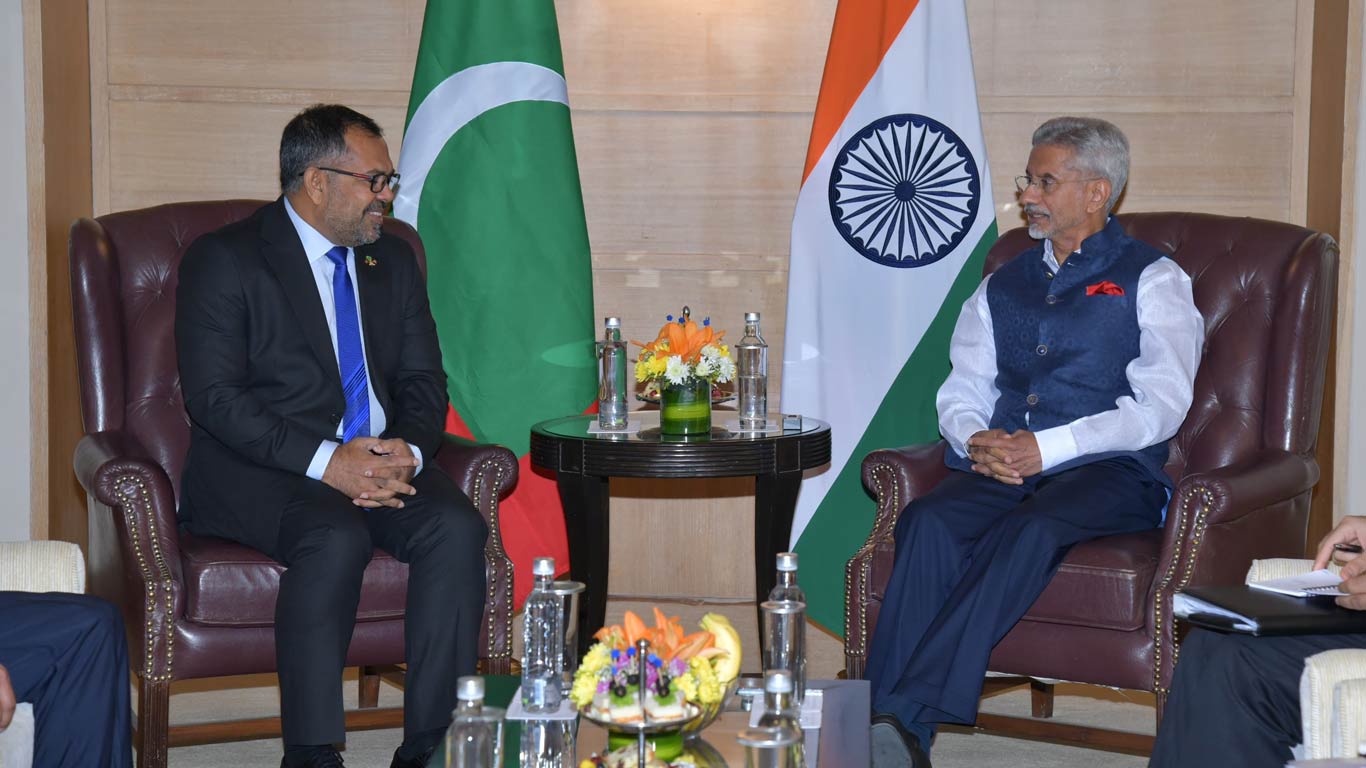
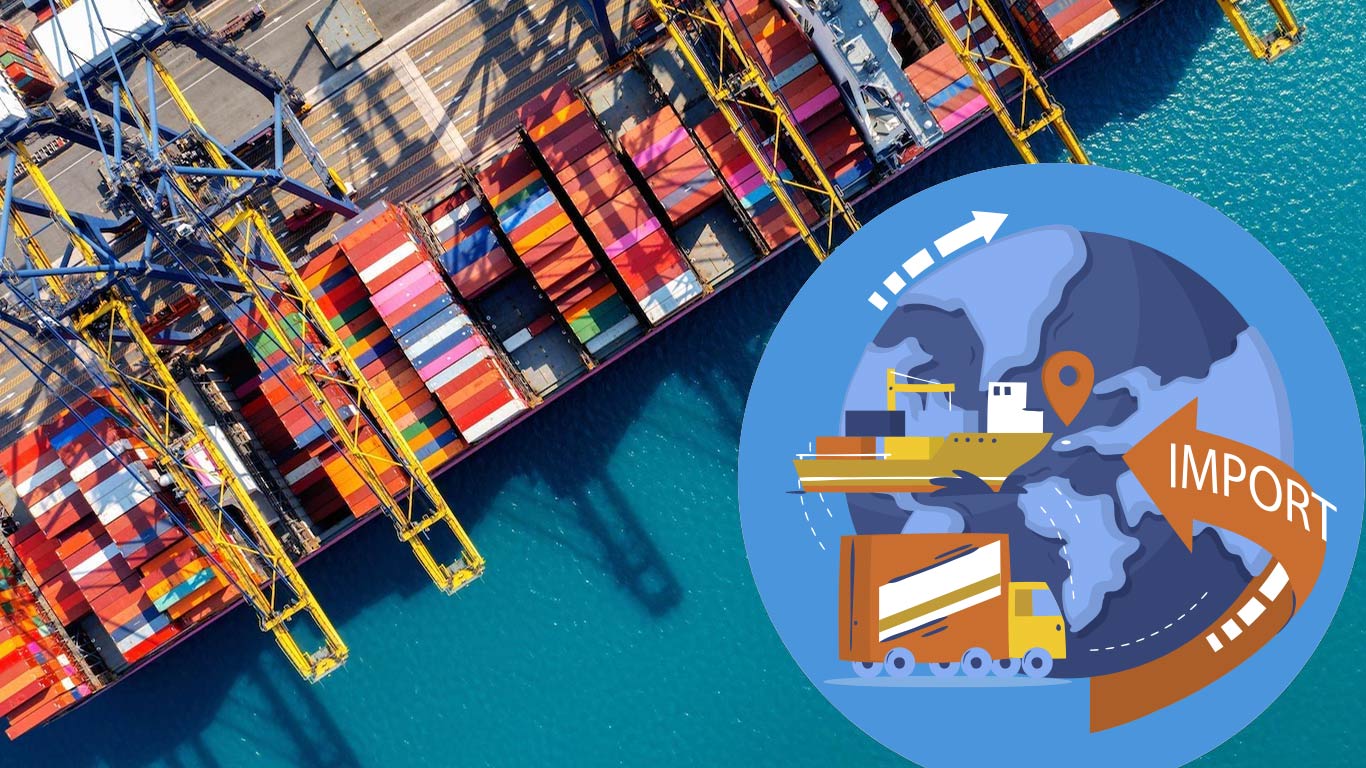





